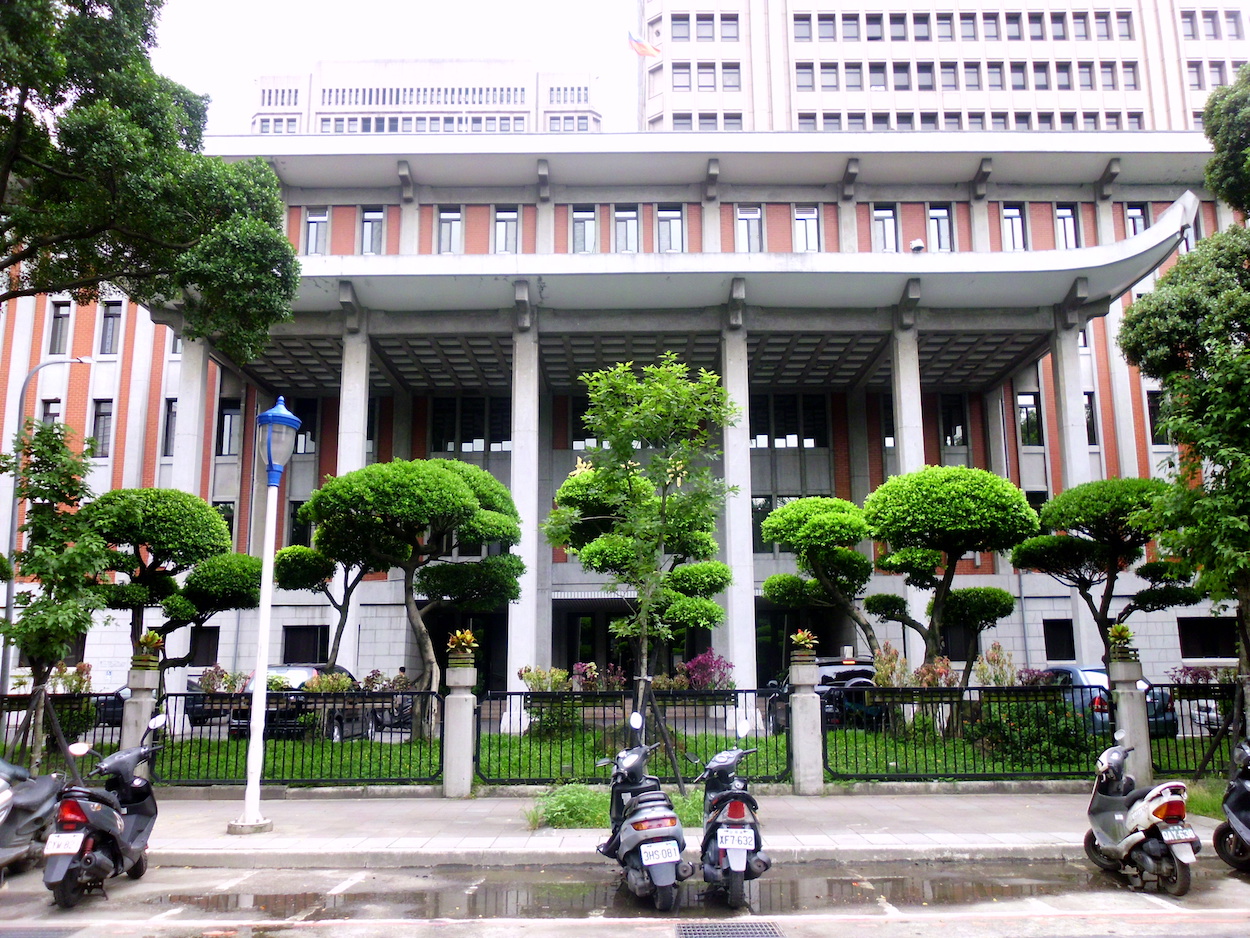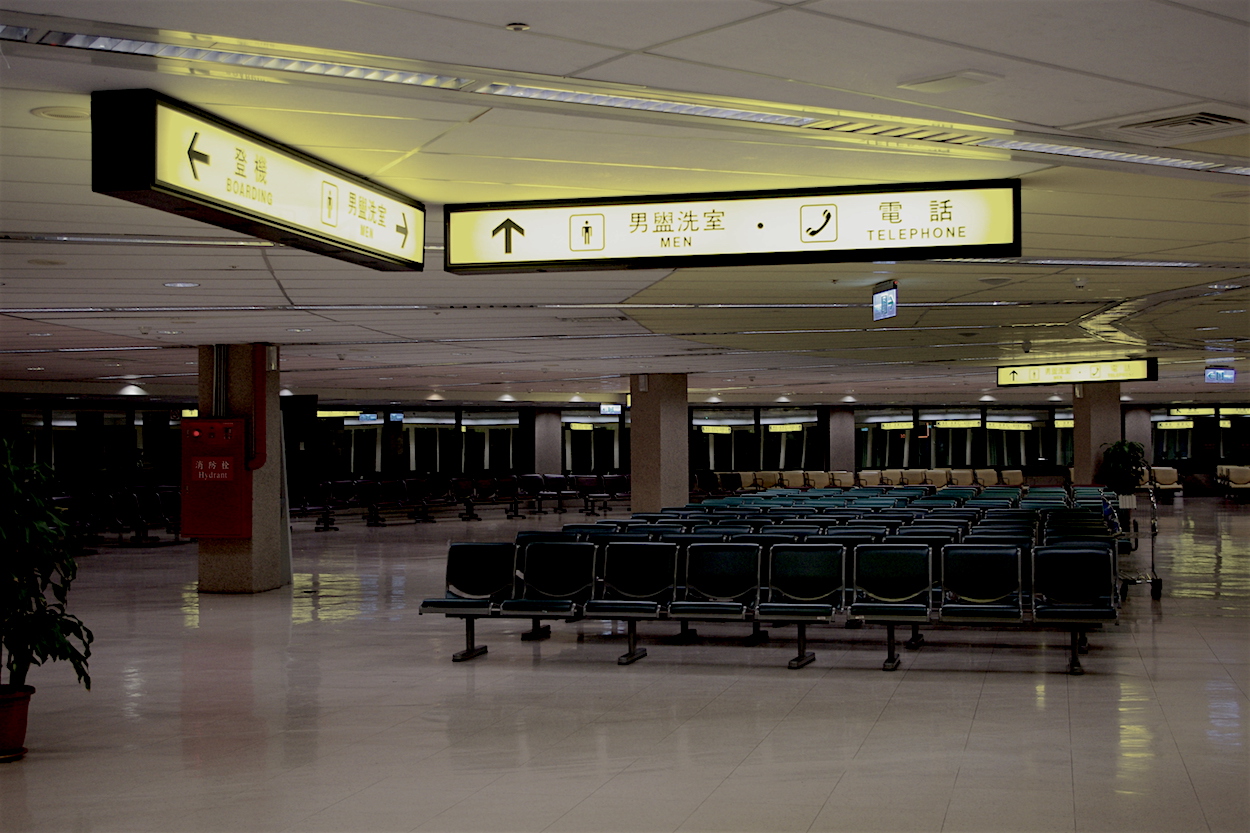by Brian Hioe
語言:
English
Photo Credit: Ellery/WikiCommons/CC
WITH THE COVID-19 situation under control in Taiwan, restrictions on mass gatherings have been lifted and government authorities are attempting to encourage domestic travel. However, with the prospect of opening up borders again to international travel, as some countries in the region are considering doing, questions have been raised regarding current restrictions on international travel mandated by the government.
A demonstration calling for international students to be allowed back into Taiwan took place outside the Ministry of Education on June 5th. The demonstration asserted that the government’s current ban on international students returning to Taiwan if they are currently outside of was not based on science, seeing as students could simply be required to undergo a fourteen-day quarantine period if they returned to Taiwan, as is also the case with Taiwanese citizens. Likewise, Taiwan has seen four full incubation cycles since there was any domestic transmission of COVID-19, but the government has not stated any plan for international students to be allowed to return to Taiwan.
 The Ministry of Education. Photo credit: 象心力/WikiCommons/CC
The Ministry of Education. Photo credit: 象心力/WikiCommons/CC
Demonstrators called for international students to be allowed to return to Taiwan over the summer, suggesting that students return in a staggered manner, so as to avoid overburdening the Taiwanese medical system, while calling for students in their final year to be allowed to return earlier in June. There were 126,997 international students studying in Taiwan in 2018.
It remains to be seen whether the Taiwanese government will be willing to change its policies regarding foreign students. The Taiwanese government is currently mulling whether to open borders to some countries, with other countries in the region beginning to do so. Japan plans to allow travel from Australia, New Zealand, Thailand, and Vietnam.
To this extent, plans are underway to resume cargo flights between Taiwan and six Chinese cities, and new testing regimes for business travelers have been rolled out, but the Taiwanese government’s current timeline for reopening borders to international travel is still unknown. Nonetheless, as Taiwanese can continue to travel abroad, but non-Taiwanese are not allowed into Taiwan, the Taiwanese Ministry of Science and Technology recently released a tool to make evaluating the safety of travel destinations easier for Taiwanese.
However, with the end of an amnesty program for visa overstayers this month, the Taiwanese government intends to provide cash rewards for individuals that report visa overstayers.
The Taiwanese government began a three-month amnesty program for visa overstayers in March. Visa overstayers would only need to pay a minimal fine of 2,000 NT if they turned themselves in, and there will be no ban on returning to Taiwan in the future for individuals that self-report. Normally, visa overstayers face a fine of up to 10,000 NT and a ban on returning to Taiwan of between one and eight years.
Under the new cash reward program, individuals will be rewarded 2,000 NT for information that leads to the arrest of one visa overstayer, 5,000 NT for information that leads to the arrest of four to six visa overstayers, and up to 10,000 NT for information that leads to the arrest of ten or more visa overstayers. This is not the first time that the Taiwanese government has offered cash rewards for reporting visa overstayers.
 Empty seats in the Taoyuan International Airport. Photo credit: Matt @ PEK/WikiCommons/CC
Empty seats in the Taoyuan International Airport. Photo credit: Matt @ PEK/WikiCommons/CC
In light of the global effects of the COVID-19 pandemic, the Taiwanese government has rolled out one-month visa extensions for individuals currently in Taiwan for the last three months. Yet foreigners without an ARC are still not allowed to stay in Taiwan over 180 days. Individuals who entered Taiwan on 90-day visa-free policies stand to be affected if the government does not announce new measures to accommodate them in the next month. It is to be questioned whether the Taiwanese government intends to roll out further policies for individuals that are close to reaching 180 days in Taiwan, but that the government has begun offering cash rewards for visa overstayers does not leave one hopeful.
With the COVID-19 pandemic seemingly under control, it proves unfortunate that maintaining national borders has become a priority again for the Taiwanese government. Although the Taiwanese government was previously willing to allow individuals to stay longer in Taiwan as a means of minimizing international travel and preventing the spread of COVID-19, with the spread of the disease under control, this has led the Taiwanese government to begin to maintain strict immigration policy once again. And it proves ironic that, with the disease under control, there has been no public discussion of how international students may be allowed to return to Taiwan, with priorities focused on allowing for business travel back to Taiwan. This proves revealing of the priorities of the Taiwanese government.

